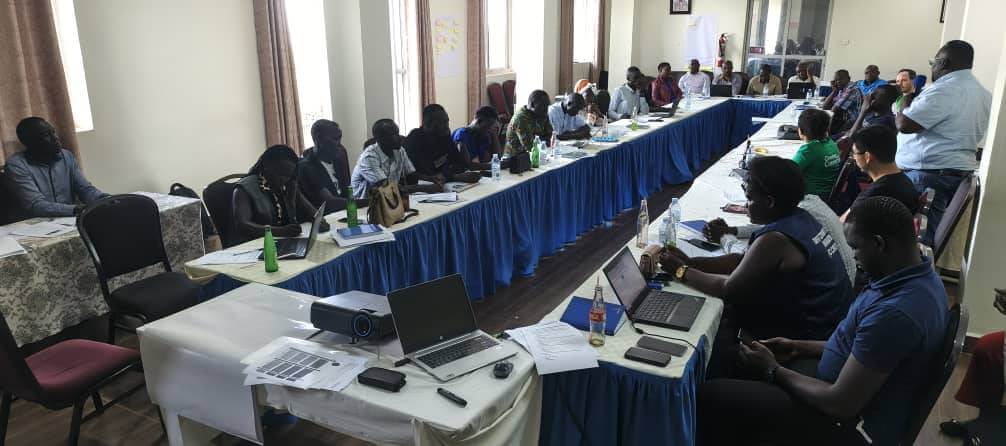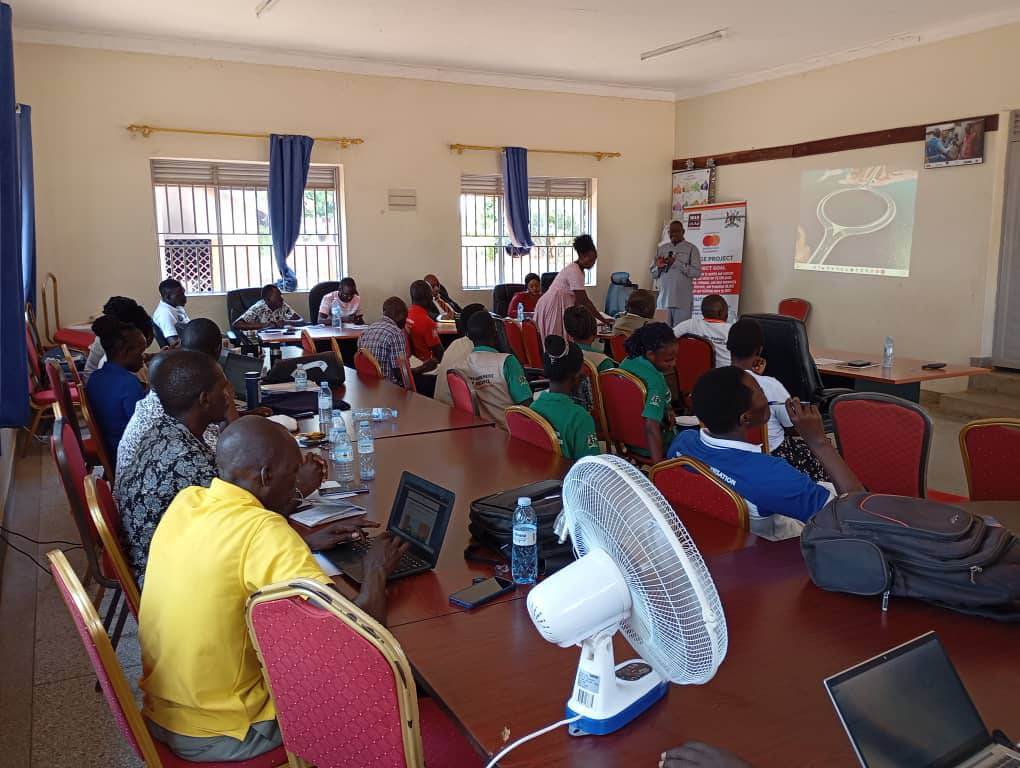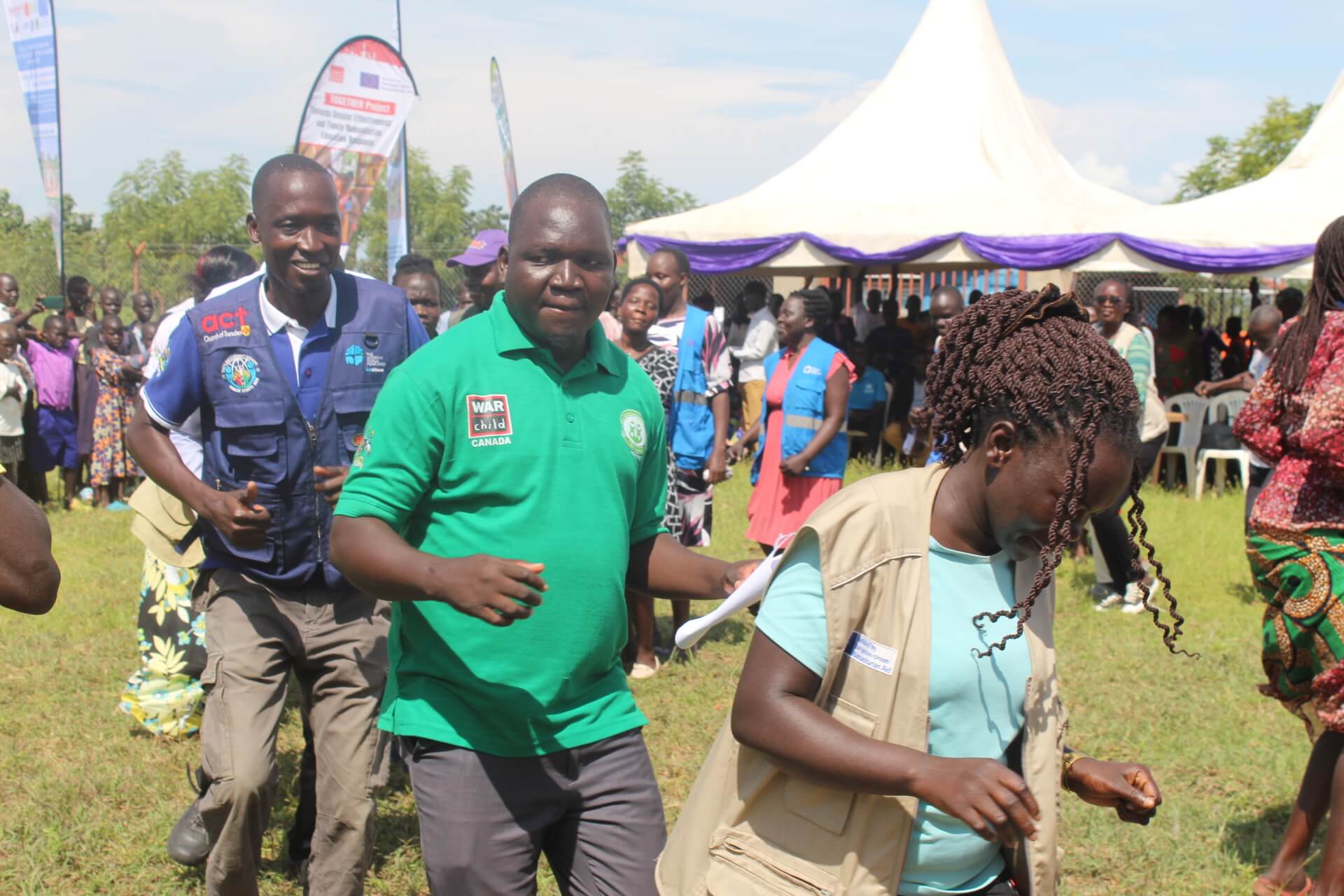Promoting Sexual and Reproductive Health Among Youth
January 25, 2024•By Tunda Alex

Sexual and reproductive health remains a critical issue for young people in Obongi District. Many adolescents and youth lack access to accurate information and youth-friendly health services, leading to challenges such as teenage pregnancies and sexually transmitted infections.
Our sexual and reproductive health program aims to address these challenges through a comprehensive approach that includes education, awareness creation, and advocacy for youth-friendly services.
One of our key initiatives is the menstrual hygiene management campaign, which has reached over 300 girls in local schools. By providing menstrual hygiene products and education, we have helped reduce school absenteeism among girls by 60%.
We also conduct community sensitization sessions on topics such as family planning, HIV/AIDS prevention, and gender-based violence. These sessions create safe spaces for young people to ask questions and get accurate information about their health.
In partnership with local health facilities, we advocate for youth-friendly services that are accessible, affordable, and non-judgmental. This includes training health workers on how to provide services that meet the specific needs of young people.
Moving forward, we plan to expand our reach to more schools and communities, and to strengthen our partnerships with health facilities to ensure that all young people in Obongi District have access to the information and services they need to make informed decisions about their health.
Our sexual and reproductive health program aims to address these challenges through a comprehensive approach that includes education, awareness creation, and advocacy for youth-friendly services.
One of our key initiatives is the menstrual hygiene management campaign, which has reached over 300 girls in local schools. By providing menstrual hygiene products and education, we have helped reduce school absenteeism among girls by 60%.
We also conduct community sensitization sessions on topics such as family planning, HIV/AIDS prevention, and gender-based violence. These sessions create safe spaces for young people to ask questions and get accurate information about their health.
In partnership with local health facilities, we advocate for youth-friendly services that are accessible, affordable, and non-judgmental. This includes training health workers on how to provide services that meet the specific needs of young people.
Moving forward, we plan to expand our reach to more schools and communities, and to strengthen our partnerships with health facilities to ensure that all young people in Obongi District have access to the information and services they need to make informed decisions about their health.
Related Posts

Empowering Refugee-led Organizations: Insights from ChildFund’s Self-Reliance Training
7/10/2025

Strategic Vision Unveiled: YEFOSR Validates 2025–2030 Plan with Key Stakeholders
7/10/2025

Celebrating Diversity and Unity: YEFOSR and Partners take lead in commemorating the International Day of Peace 2025
9/25/2025